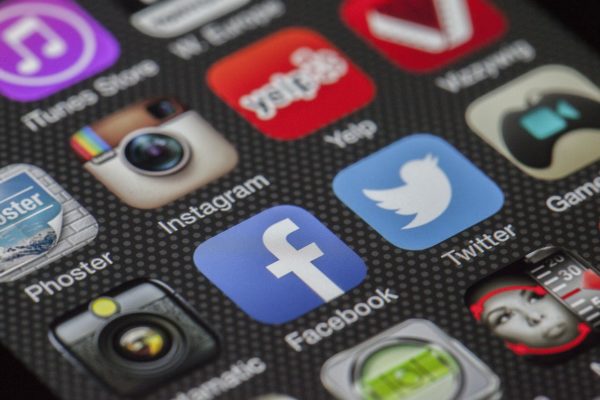In a world where the internet is a quintessential communication tool, it is no surprise that both the young and old rely on social media as a main source of news. I open Facebook and Snapchat to filter through the day’s news stories, so I can speak from experience that my news fix often comes from social media. Oftentimes however, as many may have experienced, news stories posted on the internet are not necessarily guaranteed to represent accurate information.
Misinformation is oftentimes more harmful than lack of information. A study conducted by researches at University of Southern California found that social bots– computer programs used to advertise certain products on social media platforms– can be detrimentally influential in health communication. The researchers focused mainly on the endorsement of e-cigarettes as a healthy alternative to smoking tobacco. Even though this claim is unsubstantiated, bots have propagated the idea so widely that many believe it to be true. One of the main authors of this study compares the situation to the “vaccines cause autism claim” made by actress Jenny McCarthy. Although this claim was false, it was propagated by families sharing stories of their children with autism and the idea gained popularity.
The internet can provide misleading information.
Image Source: Petri Oeschger
“Bottom line: Online falsehoods can influence offline behavior.”
So what can we do? Staying informed is the best weapon against false news, but with so much fake news disseminated throughout the internet, it can easily overwhelm the real facts. A joint effort by both consumers and public health experts to seek out truthful information and caution the public about such erroneous information could be an effective remedy for the situation.
The difficulty remains in devising a way to accomplish this. The internet is so expansive, and anyone with access to a computer and internet connection can claim falsehoods and mislead the public. At least for now, the responsibility to fact-check lies in the hands of internet consumers.
Feature Image Source: Twitter Facebook Together Exchange of Information by LoboStudioHamburg










